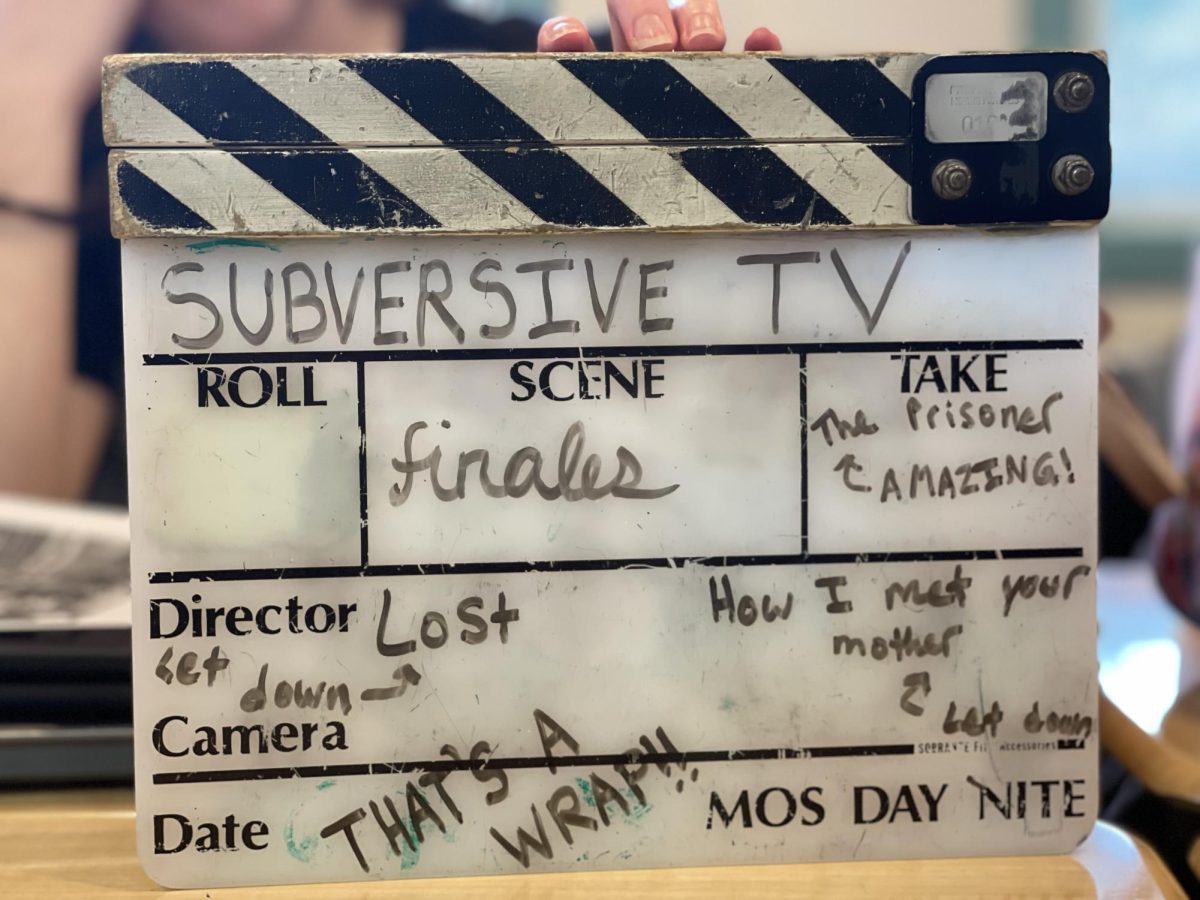1972 may seem like a long time ago especially if you are young. That is when Title IX became law.
52 years is a long time, but compared to more than 200 years, it doesn’t seem as long. For 268 years, to be exact, Yale University was an all-male institution. It was founded in 1701 and the first women were admitted during the summer of 1969.
The documentary “A Hero for Daisy” is about Chris Ernst, who was a rower for the Yale Women’s Rowing Team in 1976. She led a team protest in the Yale athletic director’s office with a New York Times reporter/photographer alongside to document the event. 19 rowers had the words ‘Title IX” painted on their bodies and Chris Ernst read a statement that documented unequal treatment by the university between men and women athletes. She asked that the university changes its long-standing policies by providing equal shower and changing facilities. Since women were there, she argued, they should receive the same support.
Many believe that without Ernst’s efforts, equality may have been very different in sports.
Title IX is arguably the most important law to ever be passed in the history of sports. To sum it up, Title IX essentially states that discrimination is prohibited between gender in education programs and activities. That means that women athletes have equal opportunities in sports in educational institutions that get federal funding.
When the law was first passed, however, many people, mainly men, were against the idea of women participating in the same sports as men.
“The problem from having been a male institution for more than 200 years was that we were not prepared for women’s athletics in any way,” said retired Yale athletic director, Cam Cazza, in the documentary. “When Title IX was enacted many of us resented it, because we felt like the women had not earned that place. But now, looking back, we see it as valuable and necessary and needed.”
Chris Ernst had to take risks in order for the rowing team to seek equality. She had to attract attention for the team and succeeded in doing so during their protest. She was a leader and many Yale alumni, and athletic supporters, took note of what she did.
“It was a dramatic step to make things change, it had an impact, and, boy, do I salute her,” said now retired senator and Yale alum, John Kerry. “What Chris Ernst did is nothing short of spectacular.”
Cam Cazza also believes what Ernst did, paired with the passing of Title IX, had a ripple effect on the greater sports world.
“It forced athletics to move in a direction where there is now equality for men and women, and for facilities, and coaches, so it turned out to be a really good thing,” Cazza said.
The sports world is starting to see the long-term impact of Title IX today in both high school and college sports.
As stated in the documentary, in 1971, just 295,000 high school girls played sports compared to 3,600,000 high school boys. 28 years later, however, more than 2,400,000 high school girls are playing sports.
Freshman dual-sport athlete (field hockey and lacrosse), Isabel Sands (‘27), has heard stories about a time when women had less of an opportunity to play sports and when they did it was much different.
“My Nana has told me stories about when she used to play basketball,” Isabel Sands said. “They had to play half-court only and take 3 or less dribbles.”
At the Community School of Davidson high school, for example, girls and boys from middle school through high school now have the same opportunities and resources to participate in a wide variety of sports throughout the entire year.
And now, with players like Caitlin Clark of Iowa, Angel Reese of LSU and Paige Bueckers of UConn, NCAA women’s basketball is seeing a tremendous rise in everything from ticket sales to television viewership and sponsorships. These players are no less impactful than Ernst was to women’s sports in the 1970’s.
During the 2024 NCAA Tournament, more viewers tuned into the women’s March Madness (18.9 million viewers), versus the men’s tournament (14.8 million viewers).
All women’s sports are growing in viewership and participation quickly and it all started with the passing of Title IX. Without Title IX and the determination of Chris Ernst, who knows where women’s athletics would be right now.







